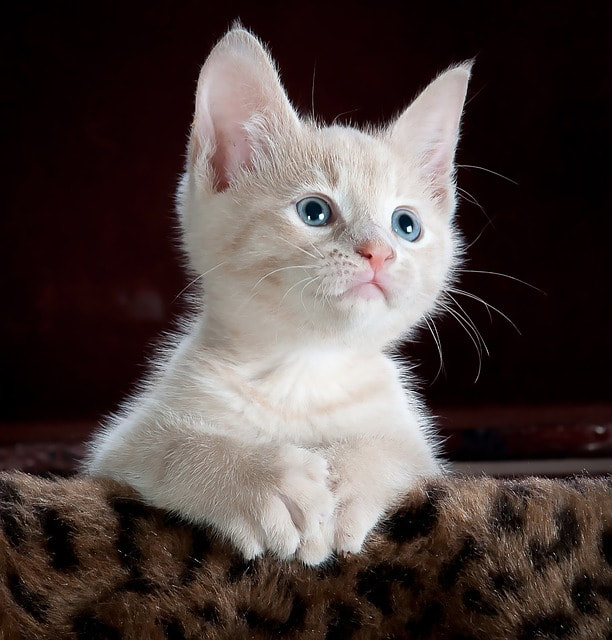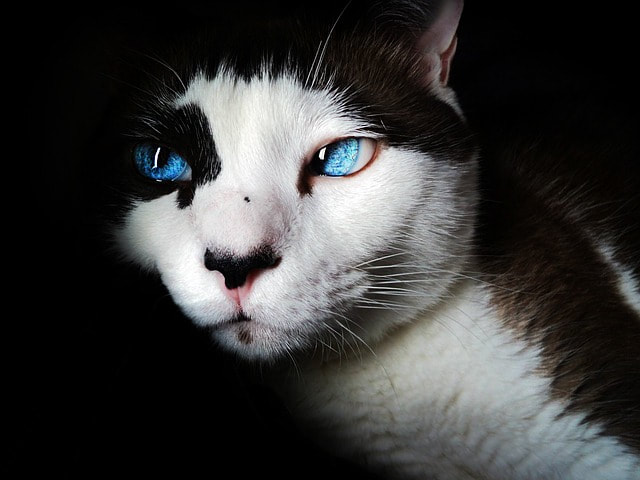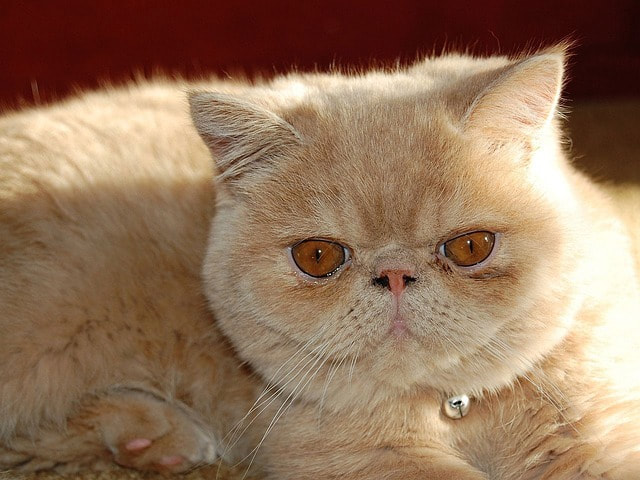CATS
Unveiling the Fascinating World of Domestic CatsDomestic cats, our beloved feline companions, have long captivated humans with their mysterious allure, grace and charm. These enchanting creatures, descended from wildcats, have become an integral part of our lives and homes.
Origin and Evolution of CatsThe domestic cat, scientifically known as Felis catus, shares a common ancestry with their wild relatives, including the African wildcat (Felis lybica). It is believed that ancient Egyptians first domesticated cats around 4,000 years ago for their exceptional hunting abilities and their association with deities. Over time, cats spread across different continents, adapting to various environments and developing distinct breeds.
Variety of Cat BreedsThe world of domestic cats encompasses an astonishing array of breeds, each with its own distinctive characteristics. From the regal and elegant Siamese to the fluffy and playful Maine Coon, and from the hairless Sphynx to the striking Bengal, there is a feline companion to suit every taste and preference. Currently, there are over 70 recognized cat breeds worldwide, showcasing the remarkable diversity within the domestic cat population.
Cat CommunicationCats have a rich repertoire of communication methods, using a combination of vocalizations, body language and scent marking. Purring, meowing, hissing and growling are common vocalizations that cats employ to convey various messages. Their body language, such as tail movements, ear positions and facial expressions, can reveal their emotional state, whether they are content, fearful or curious. Understanding their unique communication cues can strengthen the bond between cats and their human companions.
Cats' Hunting InstinctsEven though domestic cats no longer rely on hunting for survival, their innate predatory instincts remain intact. Their exceptional agility, keen senses and sharp retractable claws make them formidable hunters, capable of catching small prey with remarkable precision. It's not uncommon for a domestic cat to exhibit hunting behaviours, such as pouncing, stalking and playing with toys or insects. These activities help cats exercise their natural instincts and provide mental stimulation.
Enigmatic Behaviours of CatsCats have a reputation for being independent and enigmatic creatures. From their fascination with boxes to their fondness for high perches, cats exhibit a range of behaviours that sometimes leave us perplexed. Kneading, a behaviour in which cats rhythmically push their paws against a soft surface, is believed to be a remnant of their kittenhood, associated with feelings of comfort and security. Another intriguing behaviour is the 'catnip response', where certain cats experience a euphoric reaction to the scent of the Nepeta cataria plant, commonly known as catnip.
Health Benefits of Owning (or Being Owned By) CatsBeyond their companionship and entertaining antics, cats can provide significant health benefits to their human counterparts. Studies suggest that interactions with cats can lower blood pressure, reduce stress and anxiety and even alleviate symptoms of depression. The rhythmic sound of a purring cat has been found to have a soothing effect on the human nervous system, promoting relaxation and a sense of well-being.
Domestic cats continue to captivate us with their unique blend of elegance, mystery and playfulness. Their rich history, diverse breeds and intriguing behaviours make them an endless source of fascination. Whether they're curled up on our laps or exploring their surroundings with curiosity, these captivating creatures have firmly established themselves as beloved companions, adding joy and warmth to our lives. More About Cats |
Some links on this page are affiliate links, which means if you buy something through my link I may make a small commission at no extra cost to you.




